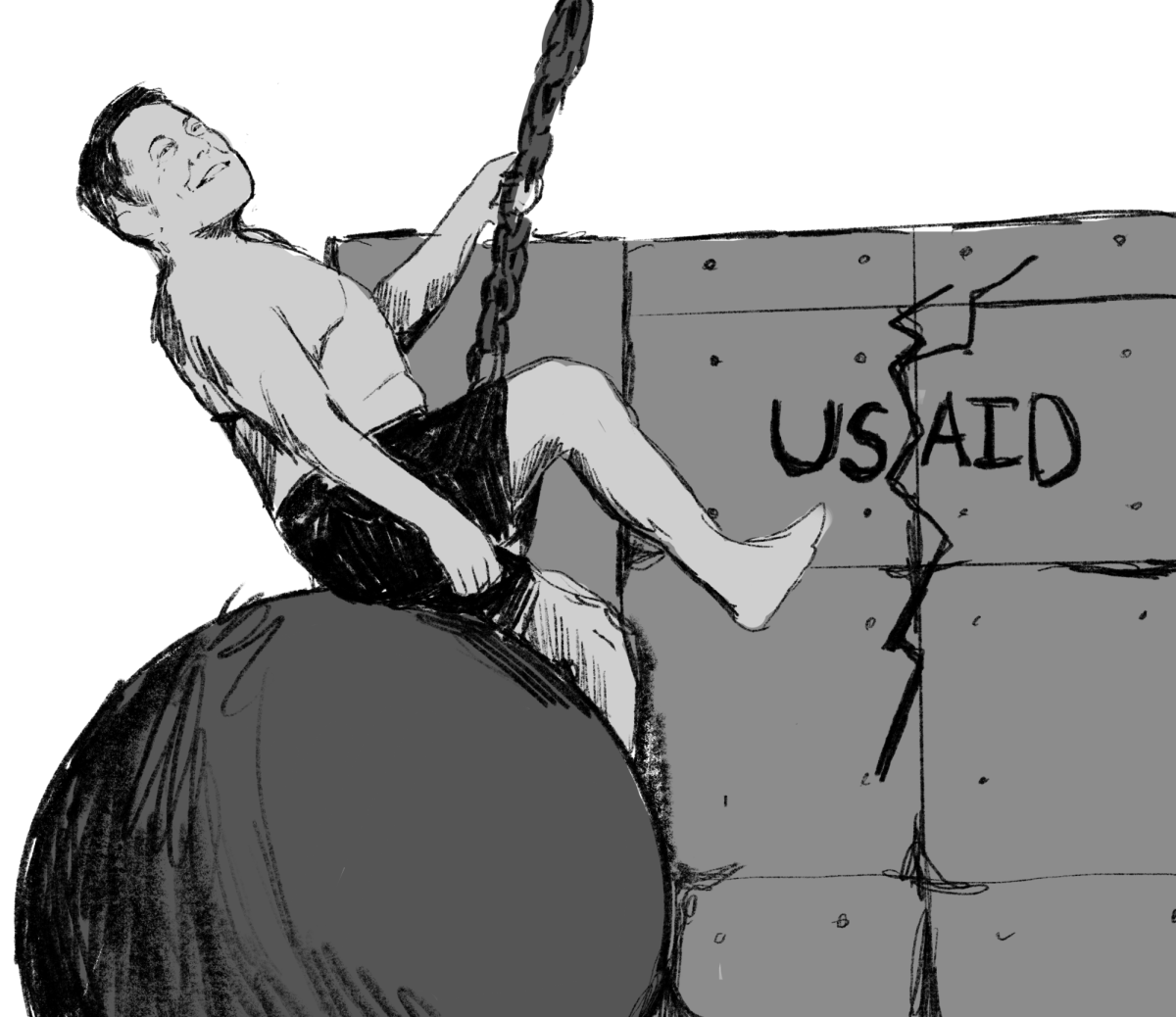Honor Council clarification
To the Editor:
In response to Kenneth Caruthers article, “ADHD medications may pose threats to students who use it non-medically.” I have some clarifications on the way my view was presented in this article. I did say that using unprescribed ADHD medication can be used to gain an unfair advantage over one’s peers. I also did say that the Honor Council does focus on issues of unfair, unauthorized assistance on work by a student. Although each, separate statements do present the same theme (of students having an unfair advantage over their peers) that does not mean I said that this overarching similarity gives the Academic Honor Council the power to sanction students who have used prescriptions illegally. This connection between the two ideas was made when I was instead trying to state my personal opinion on the drug use and the function of Academic Honor Council as separate statements and as separate issues within the article.
Here is a paragraph I had an issue with specifically: “Wilkins also stated that it would be difficult for the Honor Council to catch potential abusers because the pills can be easily concealed, and proving that someone took the drug is not as easy as citing someone for plagiarism in a paper that was turned in.”
First of all notice that I am not quoted in this paragraph but instead my words are paraphrased from the interviewer’s perception of what I was saying. This paragraph made it seem as if Academic Honor Council would attempt to catch people using prescriptions illegally if the drugs were not as easily concealed. Honor Council does not “˜catch’ people for plagiarism but tries cases that are presented. This made it seem as if Honor Council is out on a hunt to find every student breaking the Honor Code. Academic Honor Council fairly hears cases presented by faculty and accusing students in order to enforce the Honor Code in a consistent way.
Anyone can misrepresent the real views of people because language is very powerful tool. Rewording something can change its meaning completely. Not including a whole conversation can take things out of context. Communication is not perfect and I do not blame Kenneth for not representing my true view. His understanding of what I said and what I was trying to say were just two different things and I wanted to clarify that in my own words.
To reiterate, unprescribed drug use and plagiarism are two very different issues and it would not make sense for Honor Council to deal with unprescribed drug use nor is it in Honor Council’s power. To find the official Honor Code, Honor bylaws or answers to any questions you may have search for the Honor Council on the Trinity University page.
Emily Wilkins is a sophomore and member of the Academic Honor Council.
False representation
Dear Trinitonian,
I appreciate your inclusion of my Letter to the Editor in last week’s issue, but I am not a member of APO, and I never mentioned being a part of APO anywhere in my submission. I want to stress how important this is: anyone on campus may criticize an article representing APO””or an article representing any organization, for that matter””without being a member. Criticism of how an organization is represented is not necessarily a cause of a person’s personal involvement in the organization. Furthermore, in light of Dr. Jenkin’s Letter to the Editor last week advising staff of the Trinitonian to clean up their careless mistakes, the false statement that I am a member of APO included at the bottom of my own letter is simply embarrassing.
Julia Smith is a sophomore majoring in Chinese Studies and English.
Gammas on reinstatement
Dear Trinitonian,
Gamma Chi Delta Alumnae Association (GXDAA) is pleased to confirm that Gamma Chi Delta (GXD) has been reinstated to the Trinity University community as of March 31, 2013. The past year has allowed the alumnae of GXDAA and the actives of GXD an important process of reflection and reworking. We have collaboratively reviewed our activities and our traditions, have come to a better understanding of our core values, and have created a process by which we will more accurately display those values going forward. The actives worked tirelessly to create a reinstatement plan that they will enthusiastically comply with, beginning today. We are confident that the actions of the members of Gamma Chi Delta, individually and as a sorority, will reflect our core values in fine fashion.
Gamma Chi Delta has been a strong presence of individual women, united by values of friendship, honor and leadership, for over fifty years. Despite the discomfort of losing our charter and tarnishing our reputation, GXDAA and GXD have been energized and strengthened by the reinstatement process and are grateful for it.
Many thanks to the actives who built a better Gamma Chi Delta, to Dr. Michael Fischer and his team who supported us compassionately, and to the 1000 women who built the strong foundation on which we stand today and always.
Sincerely,
Gamma Chi Delta Alumnae Association





